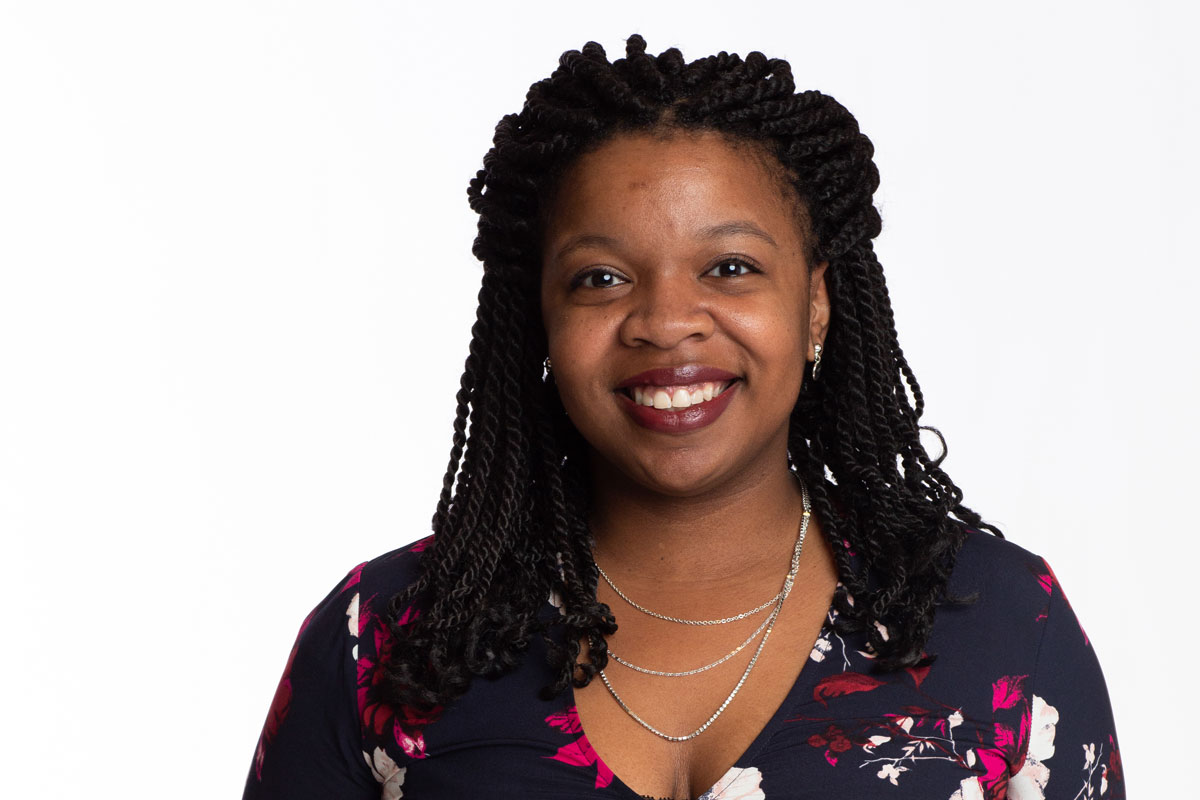Student Name: Tiana Moore
Current Degree/Program: Ph.D./Developmental Psychology
Undergrad University: Stanford University
Hometown: Los Angeles, CA
What inspired you to pursue a graduate/doctoral degree in Developmental Psychology (DEV)?
After graduating with my master’s degree in 2013, I took a few years to work and refine my research interests. When I was more assured of what I wanted to focus on in graduate school, I explored doctoral programs across the country and found that my interests were most aligned with principles of developmental psychology and also the work that my doctoral advisor, Dr. Jeanne Brooks-Gunn, has dedicated her career to. The Developmental Psychology program at TC affords me the opportunity to draw upon my background in the biological and social sciences to inform the type of interdisciplinary research that I wanted to pursue in graduate school.
What class did you enjoy most in the DEV program?
Poverty, Inequality, and Child Development (HUDK 5135) taught by Professor Jeanne Brooks-Gunn has been the most impactful course I’ve taken in the program by far. The course afforded me the opportunity to take a critical look at the multitude of ways in which socioeconomic status and income inequality influence the lives of children and their families. I enjoyed the course so much, I decided to serve as the teaching assistant for the course in the subsequent academic year.
What's the most exciting project you're working on right now?
The most exciting project that I’m starting to dive into is analyzing data from the NYC Housing and Neighborhood Study (NYCHANS). HANS is a natural experiment that examines the impact of receipt of affordable housing on a variety of outcomes for low-income children and families. HANS is such a unique study because it focuses on low-income children and families-- those who earn slightly above the federal poverty line and thus ineligible for many social safety net programs. Despite the economic vulnerabilities that this population faces, low-income households are often understudied in social sciences.
What advice do you give to other graduate students, or potential graduate students?
My biggest piece of advice to other graduate students and prospective graduate students would be to tap into all of the resources that the greater Columbia community has to offer. I’ve had the opportunity to collaborate with faculty and students at Mailman School of Public Health as well as the School of Social Work to truly embrace the spirit of interdisciplinary research in my work. As a researcher, this has added a depth to my work that I otherwise would not have acquired if I didn’t seek out those opportunities.
